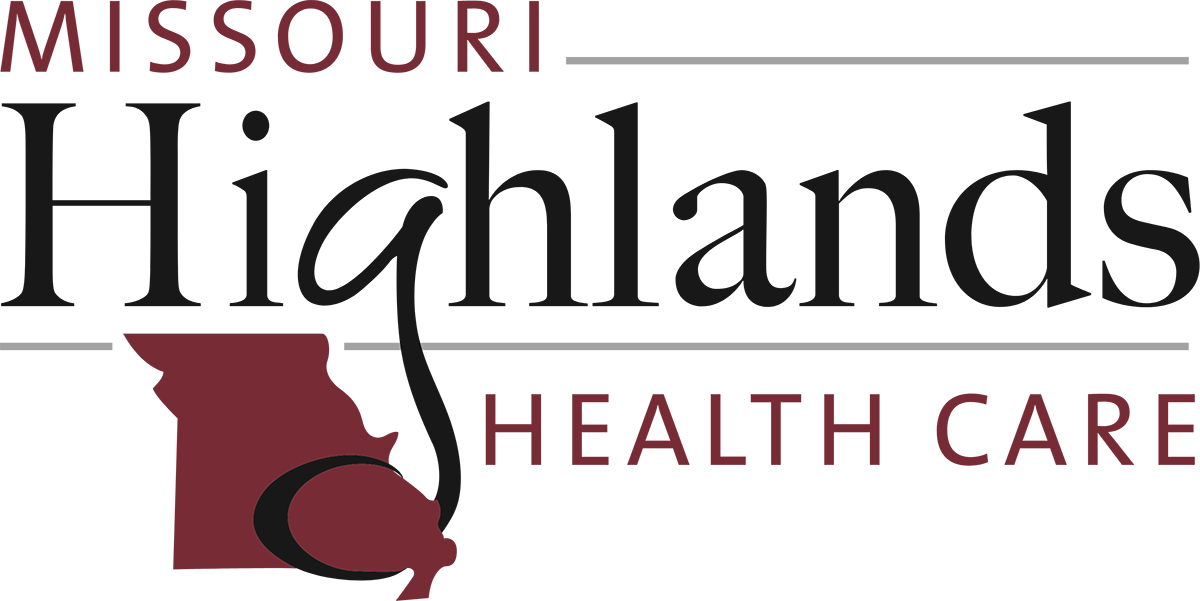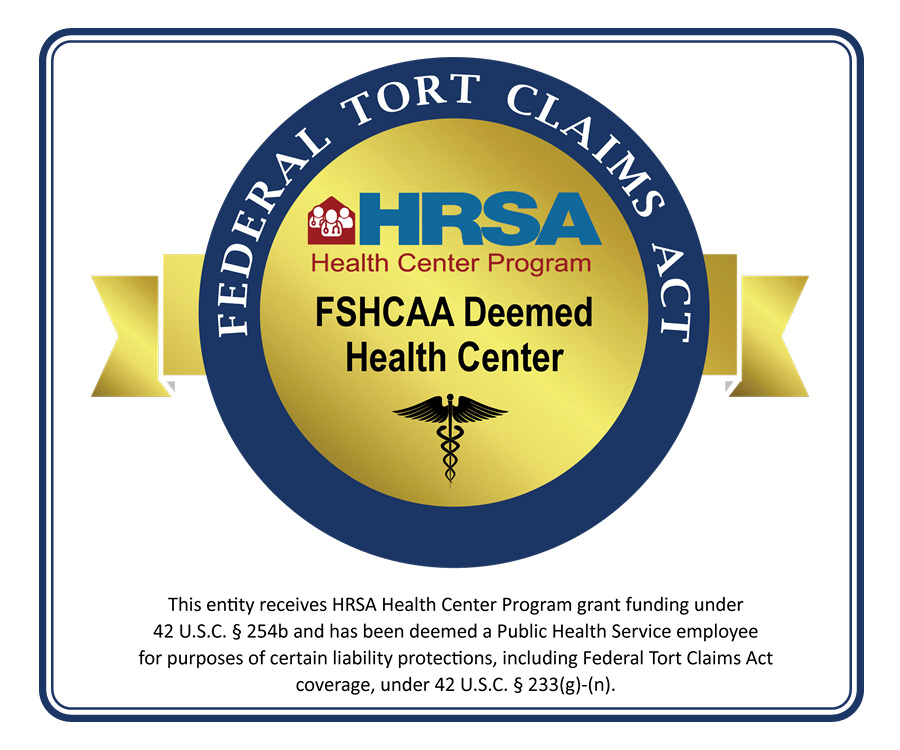In the ten plus years since PrEP ( Pre-exposure prophylaxis) was approved in the United States for use as a HIV preventive medication, it has met challenges in obtaining widespread acceptance and use.
As with most things related to HIV and AIDS, PrEP has been met with the stigma of being associated with the HIV Epidemic. Many people feel that being prescribed a medication that is aimed at preventing a mostly sexually transmitted disease which in the United States is associated primarily with MSM ( men having sex with men), IV drug users and people who exchange sex for money is an embarrassing conversation to have with their provider. Medical providers may breach this stigma by having open and honest conversations with their patients, providing educational resources, and improving the confidentiality of acquiring and using the medication. In rural communities lack of medical privacy can be detrimental to intimate relationships, as well as personal and professional reputations.
Stigma reduction in the form of patient support can also play a role. One study determined that the use of PrEP in urban areas was greater, but mostly because the community had more outreach such as people discussing the use of PrEP in public forums and the dissemination of educational flyers and other printed media explaining the use of PrEP, its purpose and ways to confidentially obtain the medicine.
Patients may also express reluctance to be prescribed PrEP because of employee sponsored health insurance plans. Often people do not wish for their employer and insurance company to know they are engaging in behaviors that would facilitate the need for the use of PrEP. It is important in this case to offer the patient alternatives for obtaining their medication. Missouri Highlands (through a Federal “Ending HIV Grant”), can pay for the patient’s medication for a limited time while assisting the patient through the process of applying for programs that will provide their medication on a continuing basis.
Long term solutions that provide education, privacy and continued support from medical providers can lead to success in any community- and may help end the HIV epidemic.
Source: CDC.GOV



